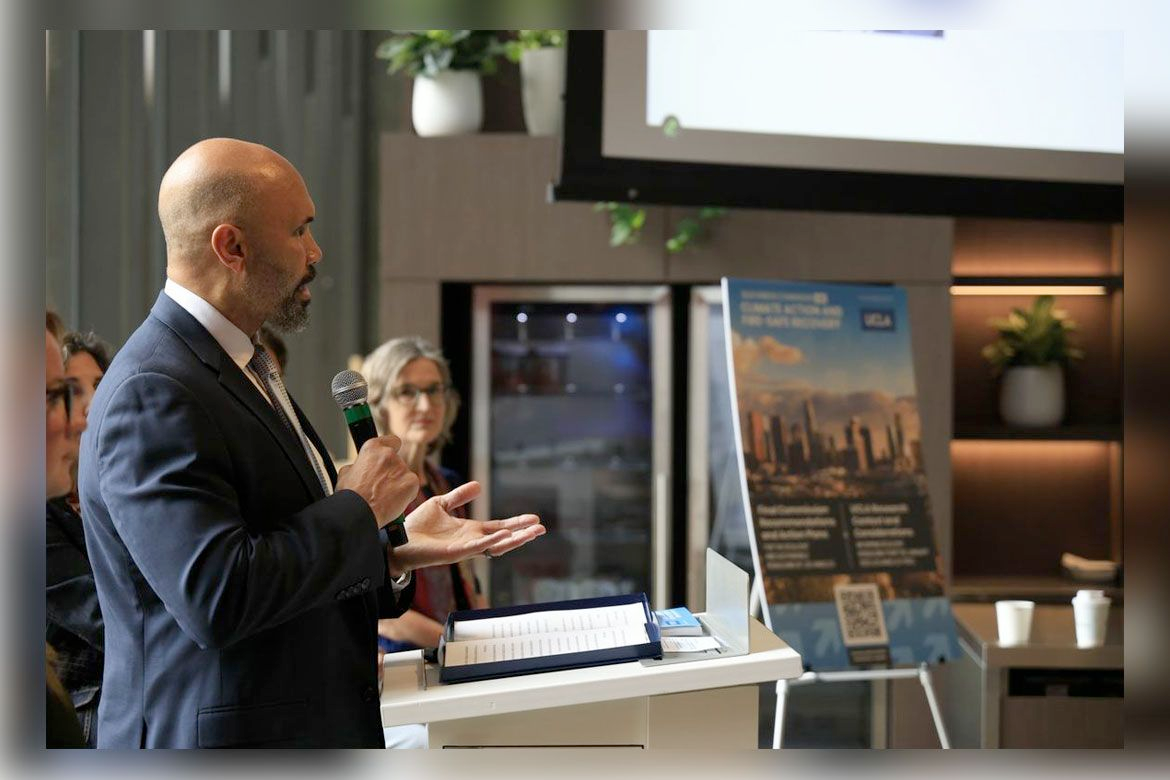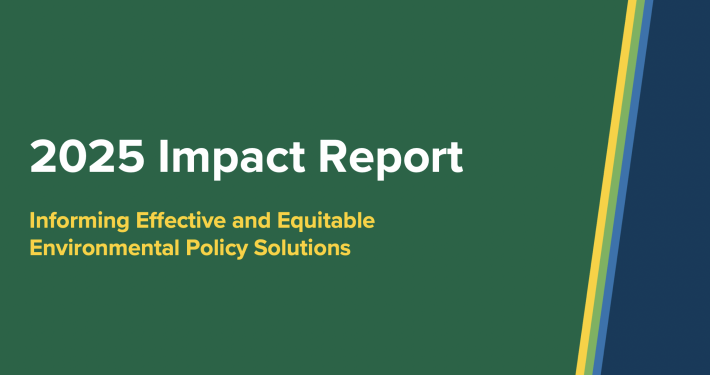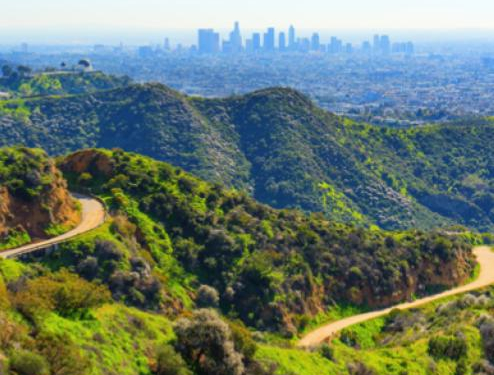By: Jason Islas
Capping off four months of close partnership with UCLA, the Blue Ribbon Commission on Climate Action and Fire-Safe Recovery today published its final report and policy recommendations aimed at charting a path toward recovery, climate-resilient rebuilding and long-term fire preparedness in the wake of the devastating January 2025 fires. The recommendations are paired with a summary of context and considerations provided by leading UCLA experts.
The independent commission, announced Feb. 14 by Los Angeles County Supervisor Lindsey Horvath and UCLA Chancellor Julio Frenk, sought to develop a framework for recovery and rebuilding informed by world-class UCLA research and the perspectives of fire survivors.
A time of need: UCLA’s knowledge, expertise and community connection
More than 40 eminent UCLA scholars from across campus, including faculty from the Luskin Center of Innovation, the Emmett Institute on Climate Change and the Environment and the Sustainable LA Grand Challenge, contributed to the effort, helping to guide the commission’s inquiries and recommendations, along with experts from other universities and research institutions.
Drawing on their expertise in areas ranging from wildfires, the environment, sustainability and urban design to engineering, policy, law, public health and transportation, UCLA’s experts provided the contextual grounding for the commission’s recommendations, outlined the existing knowledge on global wildfire recovery and rebuilding and vetted commission recommendations for legal pathways to achieve their goals.
UCLA also played a major role in community engagement efforts throughout Los Angeles to ensure the commission heard from those impacted by the fires. Campus experts participated in 14 community-centered events, conducted 17 private interviews and convened four meetings between commissioners and affected community members, in addition to attending 23 local and county government-hosted events, to ensure the commission had insight and feedback from those impacted by the fires.
“The commission’s work is a terrific example of UCLA connecting with our wider community,” UCLA Chancellor Julio Frenk said. “Faculty from across our campus contributed their expertise to reimagine our city — and to build back more safely and more sustainably. UCLA is not just a university in Los Angeles — it is a university of Los Angeles.”
“UCLA worked hard to ensure the commission responded to and engaged with community voices from the beginning,” said Darnell Hunt, UCLA’s executive vice chancellor and provost. “This kind of work is core to UCLA’s efforts to meaningfully impact the lives of Angelenos, tap into the contributions and expertise of our region’s communities, and partner with those communities to address critical societal challenges.”
The blue-ribbon commission’s recommendations
Among the recommendations, the commission calls for the creation of two new governance structures: a Resilient Rebuilding Authority aimed at helping finance and accelerate fire-resistant rebuilding, and a Los Angeles County Fire Control District, tasked with creating vegetated buffer zones and coordinating retrofits for vulnerable neighborhoods to improve the region’s long-term fire resilience.
A wide range of additional recommendations address urgent actions for immediate recovery and longer-term strategies to rebuild physical and social infrastructure, improve insurance systems, promote resiliency and advance efforts to mitigate and adapt to the effects of climate change over the long term.






